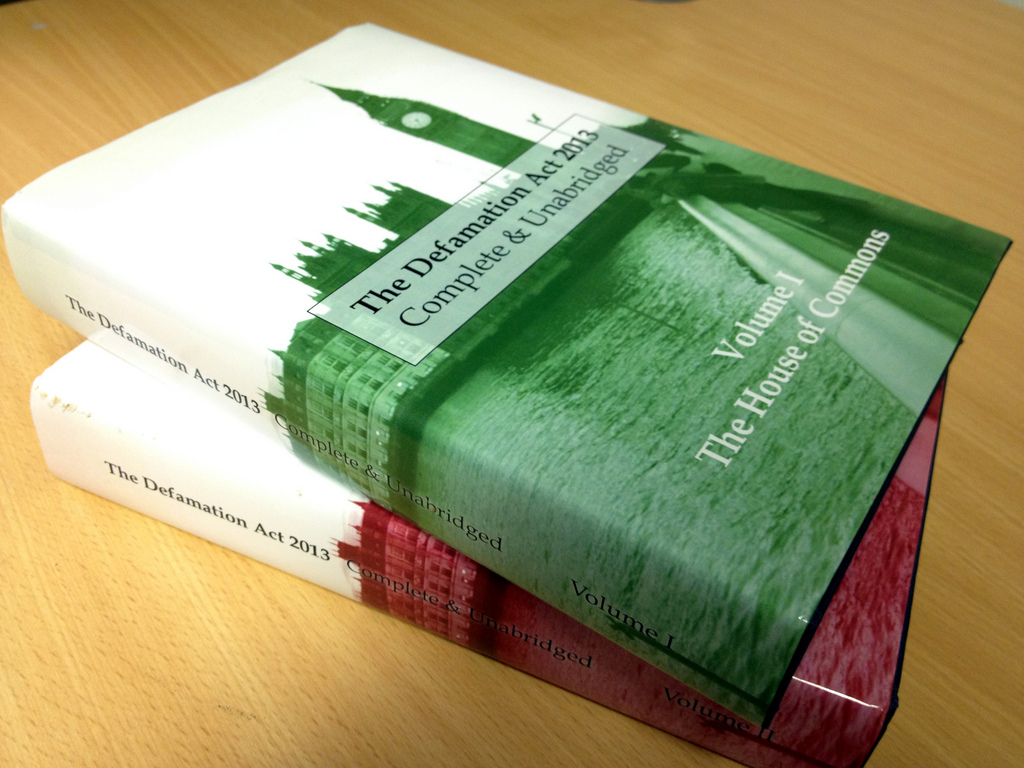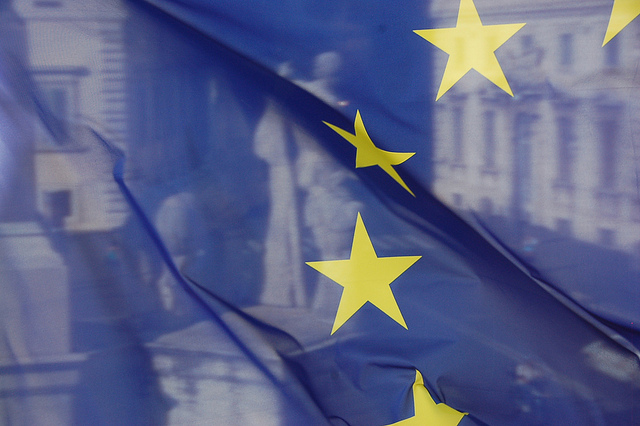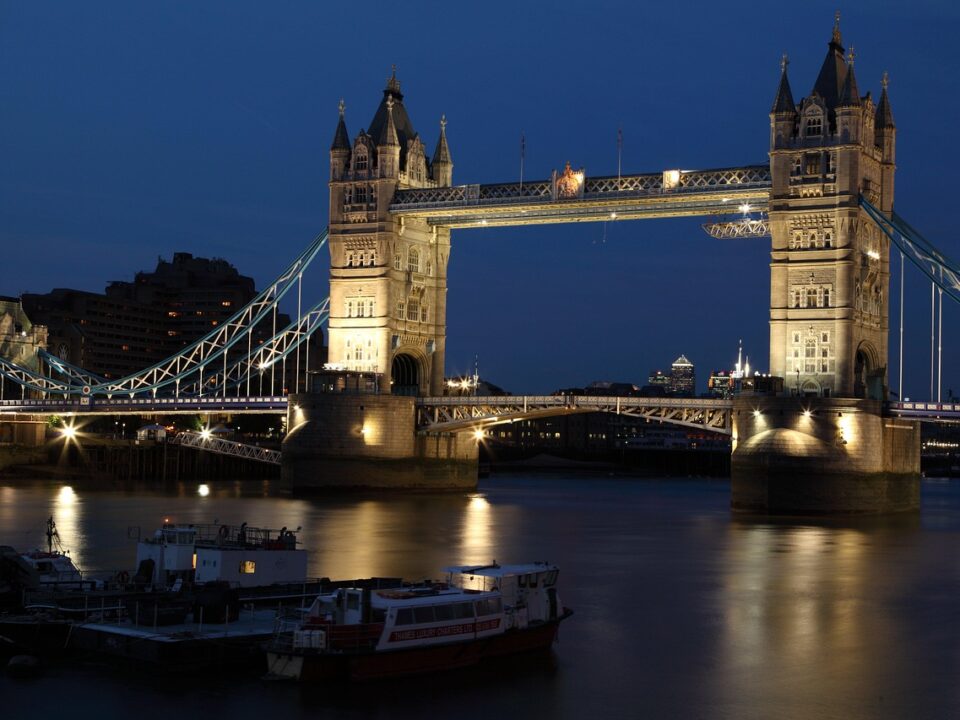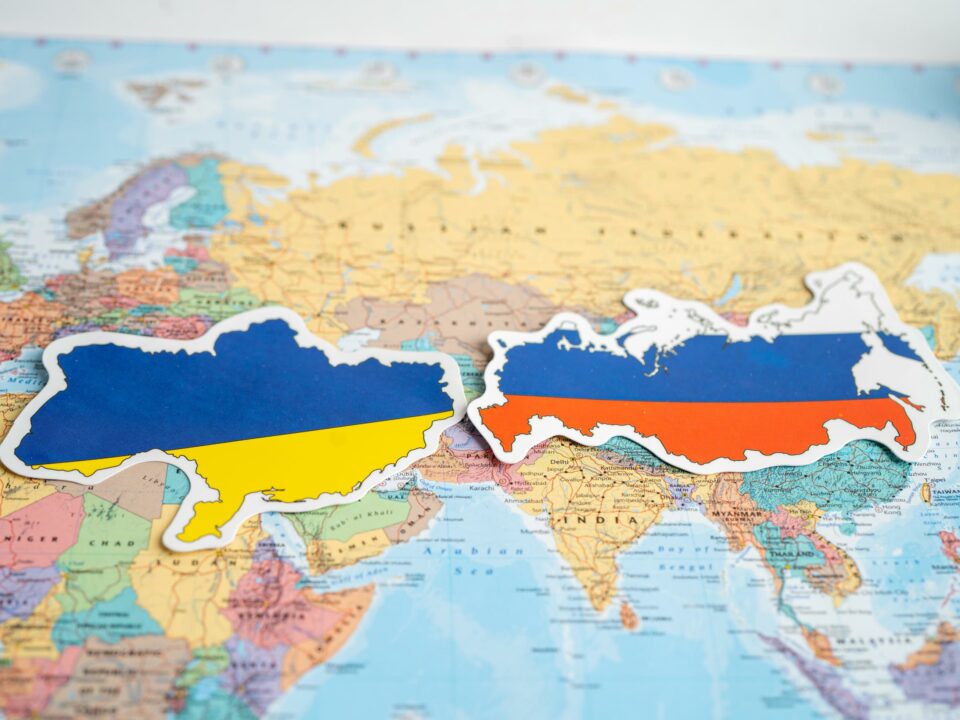
The ‘Best Interest’ of a Child in Immigration Decisions
July 29, 2013
Defamation Act 2013 – What’s Changed?
August 19, 2013The European Union plays a big part of everyday life for citizens of the Member States, along with the use of euros. However, for British citizens, living on an island as we do and attached to our pound sterling, it might seem a little more of an abstract concept. So how does being part of the EU affect our daily lives since we agreed to join the European Community in 1973? You’ll be surprised…
Here are some examples to demonstrate the true scale of the influence that the EU employs over people’s everyday lives.
The UK has always been known for its ‘unwritten’ constitution, which consists of two principles of parliamentary sovereignty and the rule of law. The UK has always prided itself on the fact that it’s sovereign parliament is the supreme law-making body, with its legislation standing as the highest source of English law. The rule of law, a notion which was recognised by the famous constitutional scholar and lawyer A.V. Dicey, states that all laws apply equally to everybody. Nobody stands above the law and no exception is made, even to those in power. However, these concepts are no longer strictly accurate.
In the case of C–6/64 Costa v ENEL [1964] ECR 585, the European Court of Justice stated that:
Member states [of the EU] have limited their sovereign rights…and have thus created a body of law which binds both their nationals and themselves.
This was widely acknowledged in the European Communities Act 1972 and parliamentary sovereignty became a thing of the past. Within the UK, Parliament is still considered supreme. However, when English law contradicts EU law, EU law prevails.
Since then, the EU has had an influential role in our everyday life, from the food we eat, to the advertisements we watch on TV and the freedom of trading between Member States. This is by no means an exhaustive list. Here are some examples to demonstrate the true scale of the influence that the EU employs over people’s everyday lives.
Written health warnings and images on tobacco products
Cigarettes have now been designed to incorporate written health warnings, such as ‘Smoking seriously damages your health’, along with distressing pictures of the consequences of smoking. These tools, which are used to persuade people to refrain from smoking, are in fact due to our membership with the EU. These measures were introduced by the Government in 2003 in order to implement the EU Tobacco Products Directive (2001/37/EC).
The Directive orders tobacco packets to have two types of compulsory warning. The first being a general warning, such as ‘Smoking seriously harms you and others around you’, which must cover no less than 30 per cent of the external area of one side of the packet. The second type is an additional warning, chosen from a list included within the Directive, which must cover no less than 40 per cent of another side of the packet.
The Directive is very specific on the appearance of cigarette boxes and as to how these warnings are printed, even the font to be used: it is stated that every warning under this Directive must be in ‘black Helvetica bold type on a white background’. These additional warnings must be ‘rotated in such a way as to guarantee their regular appearance’. In addition, the Directive also negates the use of descriptive words such a ‘mild’, ‘low tar’ or ‘light’ on tobacco products.
Lists of ingredients and warnings on food products
Directive 2000/13/EC governs the rules for the labelling of foods and food packaging to be delivered to consumers across the UK and the EU. The Directive states that all ingredients in foods, including alcoholic drinks, must be listed on the label and that the label must clearly warn of any allergens, such as nuts and soya. This facilitates consumers in buying what is appropriate for them.
Bureaucracy at a bank
The EU has formed stricter rules and regulations to prevent money laundering. This is precisely why opening a bank account now has become more difficult in the UK with all the security procedures they bombard us with. Part of these security procedures includes the bank’s legal obligation to prove the identity and address of customers wishing to open any kind of bank account. This is found within the terms of the EU Money Laundering Directives, as implemented by the Money Laundering Regulations 2003 and 2007.
A difficulty may arise here in that to prove your identity, some banks demand months of old bills and bank statements, which in practice may be impossible for those who are new to the UK or tenants, who do not possess bills in their name to prove a permanent address. As a result, the Money Laundering Regulations 2007 allow banks to keep copies of personal proofs of identity for future reference.
The EU has formed stricter rules and regulations to prevent money laundering.
Car booster seats for children
Since September 2006, the EU Directive 2003/20/EC has stated that children up to the height of 135cm or those who are under 12 years of age must be buckled down by a booster seat when travelling in a car. If not, drivers can be fined up to £500 for their breach of this Directive.
Free trade
Due to a combination of the free movement legislation and EU competition laws, there are no quotas or tariffs for companies exporting and importing goods and services within the EU. The specific legislation which governs this area intended to make it easier for UK businesses to trade across the EU’s 27 Member States.
EU Competition Law
Competition law means that if you have a company within the EU, you should be able to do business across the EU without pressure from larger companies. The laws found in Article 101 and 102 of the TFEU is designed to stop big firms from abusing their position and setting up cartels and monopolies, which have the intention to jeopardise or harm any other similar firms within the market. This protects smaller firms which would otherwise find it difficult to compete with much bigger businesses.
The internal market
UK citizens are free to move, live, trade and study anywhere within the EU, and the same goes for other EU citizens. This facility also has an effect when you go on holiday within the EU as there are no customs limits. In addition, there are no border controls when we cross any EU border.
Freedom, security and justice
It can be tough if you are in another country and you are prosecuted according to their judicial system. This field has been improved by the EU to make it easier for the UK police to cooperate with other national police authorities. This is designed to ensure that fair and just treatment in the different judicial systems around the EU exists for all EU citizens. In addition, there is the European Arrest Warrant (EAW), which means you can be arrested anywhere across the EU for the more severe crimes committed and transferred for trial or detention in any other Member State. The EAW is designed to increase the speed of extradition. The handover of an individual to another Member State now takes on average only between 13 and 43 days, compared to a delay nine months that existed before.
The European Parliament
Members of the European Parliament (MEPs) actually have a huge influence on how our daily lives are run. They may not set our taxes, or decide the closure of a local school or hospital, but in Brussels the decisions they make directly affect our jobs, family life, our healthcare and the rules surrounding energy. For example, in the last few years, the MEPs cut the cost of texting from abroad and roaming rates by a huge amount. They also stopped airlines from using absurd, misleading adverts that suggest you can fly to Spain for 50p!
They also stopped airlines from using absurd, misleading adverts that suggest you can fly to Spain for 50p!
However, there are a lot of criticisms of some EU Directives. The Working Time Directive, which provides EU workers with the right to a minimum number of holidays each year and a certain amount of rest, means that doctors and nurses are restricted to a 48 hour working week. The purpose of the Directive is to protect people’s health and safety as the EU has recognised that excessive working time has been shown to be a major cause of stress, depression and illness. On the other hand, unions claim that it has damaged the amount of training junior doctors can receive and some hospitals have reported difficulties filling in rotas for the shifts of staffs.
Living abroad
Agreements have been reached by the EU to allow any EU citizen to freely live and work in any other member state. For the elderly, it is also possible for them to retire abroad and have their pension money reach them wherever they are in the EU.
Moreover, UK citizens can also receive emergency health care whilst on holiday in another EU country. The European Health Insurance Card (EHIC) gives you access to cheaper health costs, or sometimes free medical treatment, anywhere in the EU.
Studying abroad
Thousands of young people and students now move across the EU to study due to the facilities implemented by the EU for the free movement of students. Most of these people take advantage of the European Regional Action Scheme for the Mobility of University Students (ERASMUS), which was introduced in 1987 and has now become one of EU’s most popular programmes.
Moving without passport checks
The Schengen Agreement consists of 24 EU countries, including EEA members and Norway. This means that within the countries that are part of this agreement, you do not need to show your passport whilst moving around. The UK is not yet a full member, meaning that you will need to display your passport upon entering the Schengen area. However, once you are inside you are free to travel between the states without having to go through passport controls or customs checks, making immigration procedures fast and easy.
Shopping abroad
Although we have the famous Oxford Street here for shopping, this does not stop the British from going abroad to shop. Competition generated by the EU free market has meant that quality of goods, like disposable vapes, has increased, whilst prices have decreased. Evidently, this is good news for customers. As long as you are shopping for your personal use, EU citizens can shop in any other Member State without having to pay additional tax. You also have full consumer rights when shopping outside the UK, thanks to safeguards introduced by the EU.
The EU instructs Member States to apply harsh penalties on anyone engaged in counterfeiting and piracy.
Counterfeiting and piracy
The EU instructs Member States to apply harsh penalties on anyone engaged in counterfeiting and piracy. This form of organised crime, if not controlled, may be a huge threat to the health and safety of UK citizens through the production of fake toys, cosmetics, spare car parts, medicines, food and drinks.
Stranded passenger rights
In relation to stranded passengers, since February 2005, EU rules have stated that you have a full right to compensation if you are denied boarding your flight, or if your flight has been cancelled due to certain circumstances. For people who suffer from a disability, regulations passed in 2006 state that they should be entitled to receive fair treatment and free assistance at all EU airports. These laws on assistance for stranded passengers are especially installed to ensure comfort and care for all EU citizens travelling across the EU.
EU Myths
Some may think that being part of the EU means that certain British qualities may be stripped from UK citizens and replaced by qualities which the EU expects every Member State to follow. These ‘myths’ are not entirely true. Whilst all Member States follow a lot of the same EU principles, the UK is still left to declare its own identity. For example, the UK is a member of the EU, but is not part of the single European currency – the euro. Another myth is that the EU wants to remove the Queen from UK passports. Although there have been ideas to include all EU citizen’s right to protection outside of the EU within passports, under no situation would this replace any existing text or symbol referring to the Queen. There has also been speculation that Brussels is to force the UK to change the emergency number 999 to 112. This is not true. The UK is able to keep the emergency number 999 – however, 112 has been introduced as the emergency number which can be used anywhere in the EU. This facilitates travellers across the EU by only needing to remember one emergency number rather than 27 different ones.
Europe’s power is easy to miss, but it is clear that being part of the EU brings many changes and advantages to our daily lives. Whilst many rules and regulations have been introduced by the EU to apply equally to all Member States, the UK has also been able to retain its identity as a constitutional monarchy.





